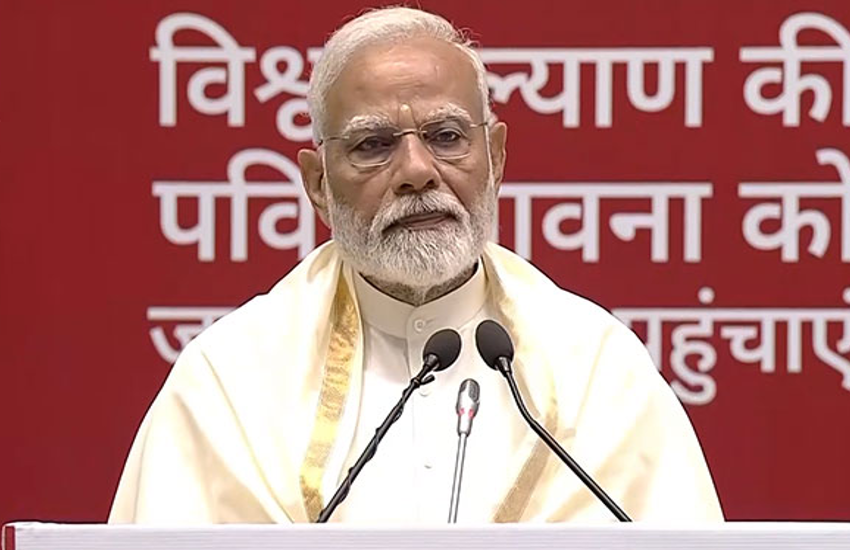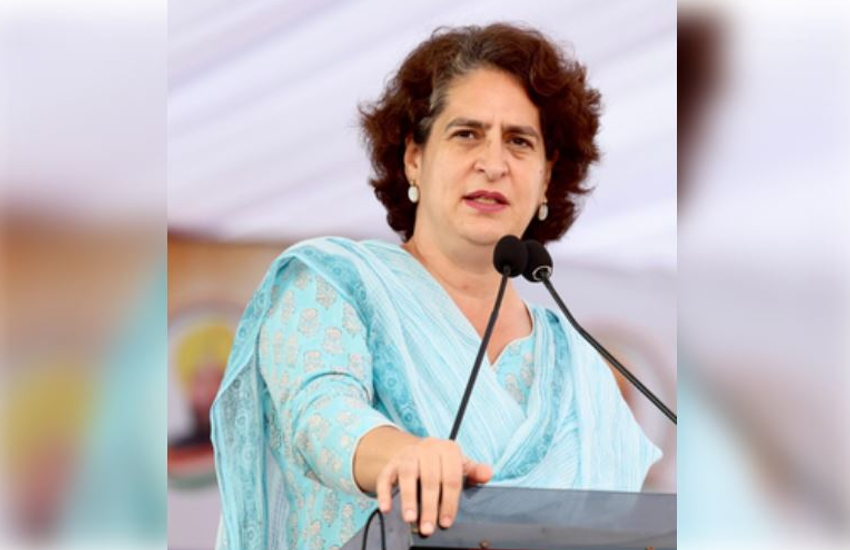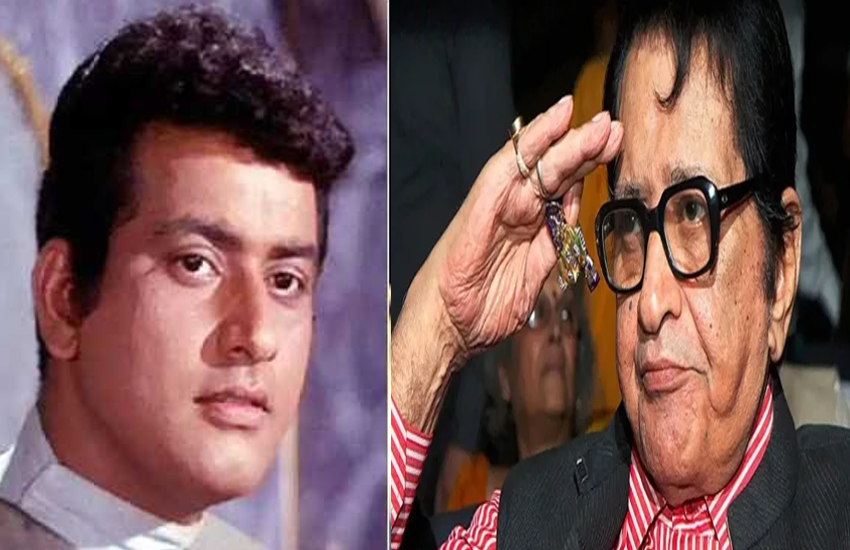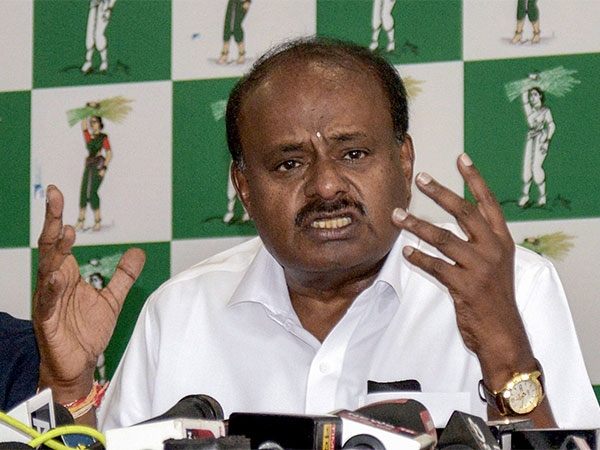Amit Shah lays out BJP logic: Nobody can politicise surgical strikes, except BJP in UP

Three press conferences - two by the BJP and one by the Congress - in one day, each claiming not to politicise the Indian Army's "surgical strikes". Each party trying to show the other down and itself as more patriotic. The pressure of the Uttar Pradesh election is beginning to tell.
Although Amit Shah, in his press conference Friday, admitted that his BJP will use the "surgical strikes" as a campaign issue in UP, the fact is the party has already started doing so through Defence Minister Manohar Parrikar, a Rajya Sabha MP from UP .
Also Read: Surgical strikes: Truth the casualty as India, Pakistan make competing claims
On Wednesday, addressing a BJP rally in Agra, where he was felicitated for ordering the strikes, Parrikar said the operation was "a 100% perfect surgical strike", adding for emphasis, "Even when bigger nations do surgical strikes, they are not as successful".
And this was just a day after Prime Minister Narendra Modi had asked his party members "to avoid chest-thumping over surgical strikes".
A day after Parrikar's chest-thumping over the strikes, Shah defended the defence minister claiming he had said nothing wrong. "He was just sharing some information."
Ironically, Shah insisted the proof that his party had not politicised the strikes lay in the way the defence minister had maintained distance from them. "The press conference announcing the strikes was not held by the defence minister, it was held by the DGMO. We have never claimed credit for the strikes," he said.
The BJP's desperation to win UP was clear as Shah, while extolling the bravery of the army for carrying out the strikes, conceded, "Isko leke hum desh ki janta ke beech mein jaayenge (We will go to the people with this)."
That the BJP couldn't wait even 10 days before its defence minister started sloganeering about the strikes, carried out early on 29 September, at a poll rally, and its president began signalling workers to exploit the "achievement" for the campaign betrays the heat the party is facing in UP.
Indeed, the party's insecurity was quite apparent in the manner in which it dispatched a senior leader, Law Minister Ravi Shankar Prasad, to defend the party president who, within a few minutes of his press conference, was being hauled over the coals by the Congress.
Also Read: Will surgical strikes help BJP surge in UP? Analysts say polls too far
One could question the impact of the strikes on curbing terrorism considering the number of terrorists killed is not clear and the attacks on security forces in Kashmir continue. (Since the strikes, there have been at least three attacks in which seven militants and one BSF man have been killed.)
That has not kept the BJP from devising a plan to market the strikes in UP: talk about the operation everywhere and give all credit to Narendra Modi by claiming the army never enjoyed as much freedom as it does under him, all the while pretending not to gain political mileage out of the military action.

And since it would rile the other parties, question their patriotism and trust in the army if they counter the BJP's claims about the "unprecedented" nature of or the gains made by the strikes. Just as the party's leaders, including Shah himself, have done in case of Arvind Kejriwal and Rahul Gandhi.
As BJP leaders such as Ravi Shankar Prasad have done before him, Shah, in his press conference, called Kejriwal a supporter of Pakistan since his request to the prime minister to release evidence of the operation to counter Pakistani propaganda became frontpage news in many Pakistani papers.
Amit Shah gave his party members a template for marketing the strikes in poll-bound UP when he praised Modi's leadership, under whom he said "for the first time after independence our soldiers crossed the Line of Control and eliminated terrorists at great risk."
It will be interesting to see how this strategy plays out in the party's biggest campaign rally in UP - dubbed the Parivartan rally - which is about to take off.
Also Read: BJP's UP strategy hinges on Hindutva, Most Backward Classes
First published: 7 October 2016, 21:55 IST

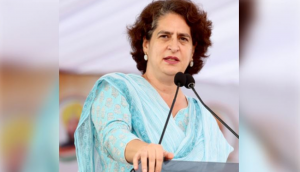
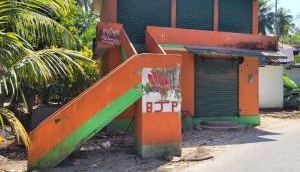
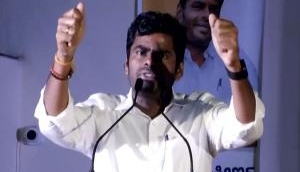
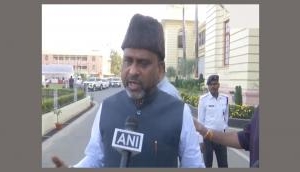
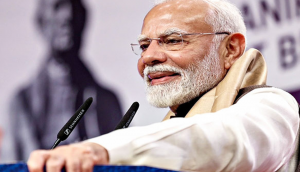
![BJP's Kapil Mishra recreates Shankar Mahadevan’s ‘Breathless’ song to highlight Delhi pollution [WATCH] BJP's Kapil Mishra recreates Shankar Mahadevan’s ‘Breathless’ song to highlight Delhi pollution [WATCH]](https://images.catchnews.com/upload/2022/11/03/kapil-mishra_240884_300x172.png)

![Anupam Kher shares pictures of his toned body on 67th birthday [MUST SEE] Anupam Kher shares pictures of his toned body on 67th birthday [MUST SEE]](https://images.catchnews.com/upload/2022/03/07/Anupam_kher_231145_300x172.jpg)


